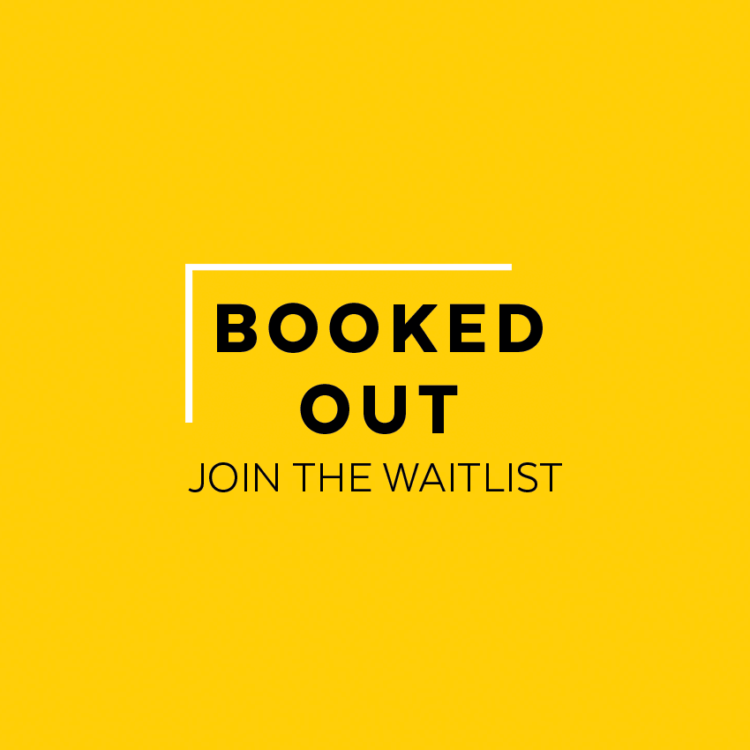10 x evening sessions, Online, Thursdays 4 May – 27 July, 6.30 – 8.30pm
Session 1: Thursday 4 May – Declan, Anwen and Ellen
What artform are you writing about and why? In this session we will introduce ourselves and our writing and consider the relationship between writer and subject. Are you writing about culture as a critic? As a fan? Something (or someone) else? And how do we define the ‘culture’ that we’re writing about? We’ll overview the ways in which to bring your response to culture alive on the page.
Session 2: Thursday 11 May – Declan
Reviews are a vital aspect of writing about culture. In this session we will look at the basics of writing reviews and provide broad tips applicable to reviews of any artform. We’ll look at how reviews communicate, and how to write with a fresh voice and avoid clichés. We will also consider the relationship between the critic’s voice and their distance from the text.
Session 3: Thursday 18 May – Anwen
Description is vital to writing effectively about culture, but what can ‘description’ mean, in practice? In this session we will look at how to make description more than just a rendering of literal facts: how vocabulary, rhythm and tone can all evoke an artwork, how the materiality and medium of the work itself can provide us with clues (and cues) as writers, and how to not get tangled up in adjectives!
Session 4: Thursday 25 May – Declan
As writers we care (or should care!) about the words that are being published by fellow writers. Following on from our week on writing reviews, in this session we’ll zero in specifically on writing about books. We’ll cover common questions about establishing a reading practice as a cultural critic, including: Where do you read? What venues, and what writers? How can you expand your reading and context?
Session 5: Thursday 1 June – Declan and Anwen
Whether or not you are writing criticism, the development of a critical argument can still be crucial to your writing about culture. In this session we will think about how to develop and strengthen your critical acumen: considering artworks and artists in their context, moving beyond responses of ‘good’ or ‘bad’, and effective means of articulating your argument to a readership.
Session 6: Thursday 8 June – Anwen
Sometimes writing about culture means writing about ourselves, which is not an easy task. This week we will consider how our personal encounters with artworks can be the basis for our writing, and how questions of memory, obsession, epiphany and more can be explored on the page.
Session 7: Thursday 15 June – Declan
Who publishes cultural criticism? And how do you get publishers to notice your work? In our penultimate session, we’ll discuss pitching your critical pieces to different publishers based on this continent and beyond. We’ll cover common questions raised about following and engaging in the public conversation before and after your work is published, including: Can you be friends with the author or artist whose work you’re reviewing? Does writing a ‘negative’ review mean you are talking negatively about the author? How do you handle the social media aspects of writing criticism? And what happens if you receive a bad response to your critical piece?
Session 8: Thursday 22 June – Declan and Anwen
The most effective and affecting writing about culture – whether it’s criticism or something else – sticks with us because of its own artistic merit. To wrap up our course, we will encourage each other into those leaps of imagination and inventiveness that make our writing about culture distinctive and original. We will also briefly touch on how cultural criticism relates to the art of interviewing – whether that’s publishing a written interview, or conducting a live interview on TV, radio or on a festival panel.
COURSE BREAK – Students to work on essay / creative response
Session 9: Thursday 20 July – Editing workshop with Ellen
Students will engage in an editing workshop with Editor-in-Residence Ellen O’Brien. Ellen will work with students on their essay / creative response, tackling both structural edits and line edits, and approaches to self-editing. Further details will be discussed with students in Session 1.
Session 10: Thursday 27 July – Editing workshop with Ellen
Students will engage in an editing workshop with Editor-in-Residence Ellen O’Brien. Ellen will work with students on their essay / creative response, tackling both structural edits and line edits, and approaches to self-editing. Further details will be discussed with students in Session 1.






